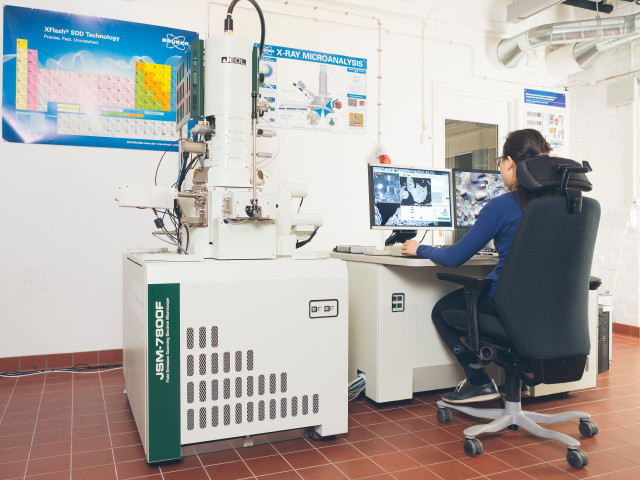Chemical and solid state techniques to produce thin films, self-assembled systems & patterned structures, of both magnetic and non-magnetic properties.
Nano-lithography using AFM/SPM technologies.
Characterization of physical properties from macro to nanoscale.
Design of novel sensors for power electronics.
Design of novel patterned materials for memory devices, high density Information storage, and bio-electronic applications
